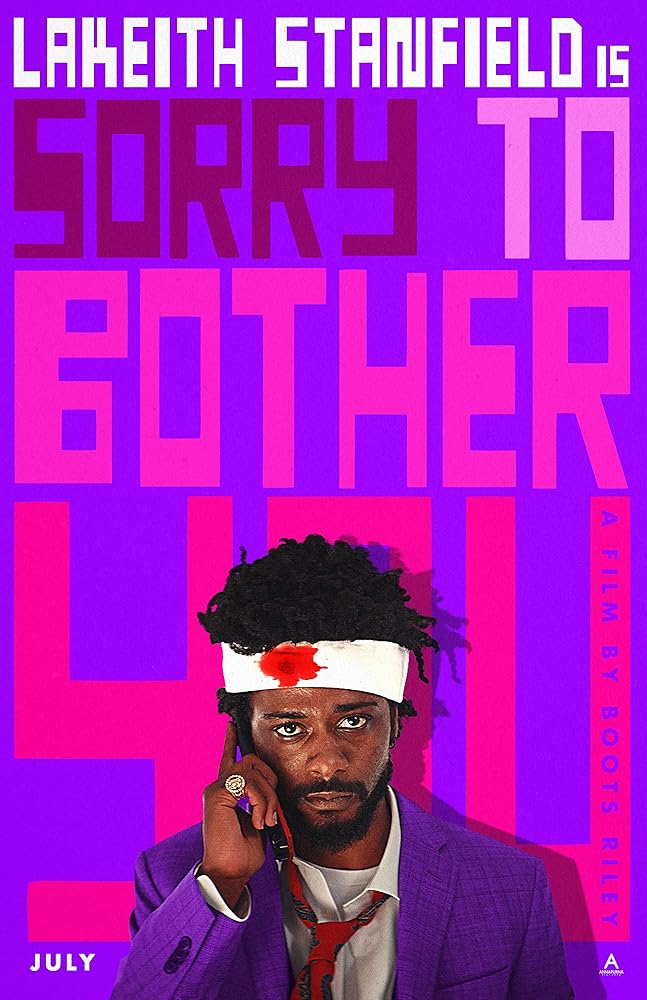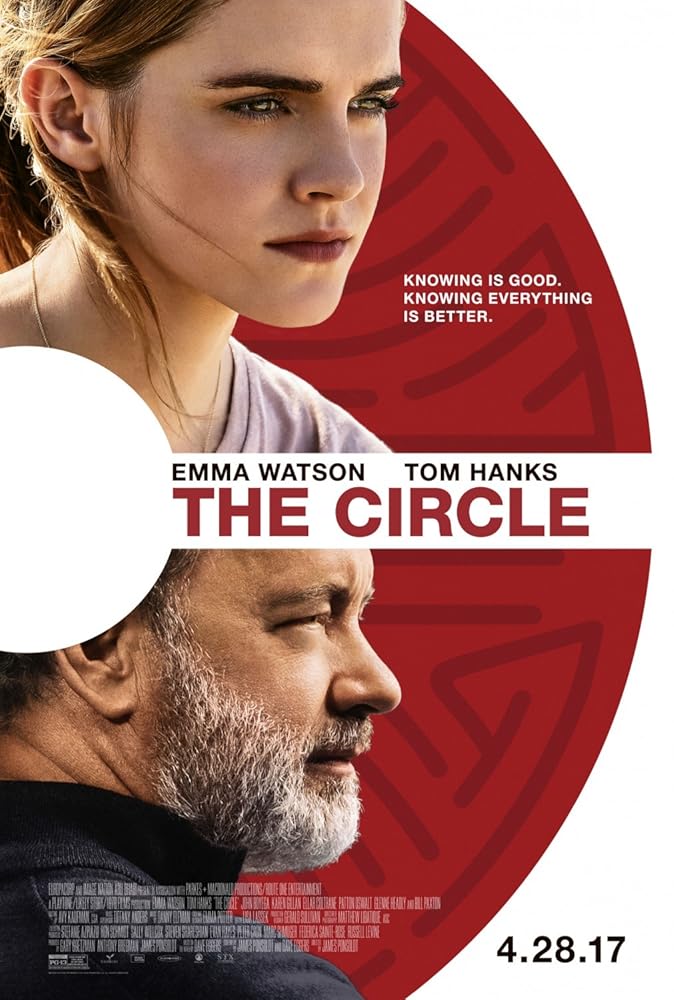
In the past, I’ve talked about quite a few films that can be classified as surreal comedies. I’d describe these as films that went all out with a wacky premise while often boasting a strong narrative to back it up. For example, in 2016, one of my favorite films of that year was Swiss Army Man, a film where a man traveled through the woods with a magical farting corpse whose boners were used as a source of navigation. Look a little closer, however, and you’d find a tale about friendship and regaining one’s love for life amidst all the discussions about the corpse’s desire to masturbate when thinking about his friend’s mom (don’t ask…). And for this year, it seems like the most talked about surreal comedy is Sorry to Bother You, in which a young African-American man finds himself sucked into the world of telemarketing once he learns how to use his ‘white voice’ effectively. The film is brought to us by rapper Boots Riley, who makes his directorial debut after nearly three decades in the music industry. And Riley has certainly had quite a career in that industry, mainly as the lead vocalist of the political hip-hop group known as ‘The Coup’. Sure enough, Sorry to Bother You, inspired by Riley’s own history working in the telemarketing business, is full to the brim with political satire that’s seamlessly intercut with all the crazy situations that its main character gets into. And because of this, while it is easily one of those films that won’t necessarily work well with everyone, I won’t deny that this film is an enjoyably wacky comedy that is very much its own thing.
On the streets of Oakland, a young man named Cassius Green (Lakeith Stanfield) struggles to make a living for him and his girlfriend Detroit (Tessa Thompson), often getting harassed for rent by his uncle Sergio (Terry Crews). ‘Cash’ ends up getting hired as a telemarketer for a company called RegalView, where he is told the importance of ‘S.T.T.S.’ (Stick to the Script). However, Cash finds it hard at first to make any sales, with most of his customers hanging up on him just a few seconds into the call. Things begin to change, though, when his co-worker Langston (Danny Glover) teaches him the secret to a successful telemarketing sale, using his ‘white voice’. And so, Cash’s white voice (provided by David Cross) allows him to quickly scale the company’s ranks, eventually managing to get promoted to the company’s most prestigious position, a ‘power caller’. Thus, he befriends fellow power caller Mr. **** (Omari Hardwick; ‘white voice’ provided by Patton Oswalt) and even ends up attracting the attention of Steve Lift (Armie Hammer), the CEO of WorryFree, a company that provides its customers with free food and lodging. However, WorryFree is also established as being quite the controversial business, as their offer comes at the expense of cheap labor that isn’t that far off from slavery. Thus, Cash soon finds himself in a major internal conflict as he finds himself torn between his new life of luxury and his relationships with Detroit and his fellow RegalView co-workers, who organize a strike to demand proper salaries. Things get even more complicated when Cash ends up learning about a dark secret about WorryFree and their plans for those who work for them.
Sorry to Bother You wears its weirdness like a badge of honor, going all out with its surreal humor. Sure enough, this film sports a solid consistency when it comes to that humor thanks to everything from hilarious visual gags to snappy dialogue. This humor is then matched perfectly with a tight script that delves into everything from race relations to one’s fear of becoming a ‘sell-out’. Now with all this said, though, the film does kind of drag a bit at times. While it is under two hours, it also loses a bit of steam by the end despite this being where the weirdest moments occur. Still, for what it’s worth, Boots Riley’s direction is excellent throughout and this is bolstered further by a totally game ensemble cast. Get Out breakout star Lakeith Stanfield shines in the lead role of Cassius while Tessa Thompson more than holds her own alongside him as Detroit, who gets her own unique plotline via her blossoming art career. And then there’s all the great supporting roles from the likes of Danny Glover as Langston, Armie Hammer as Steve Lift, and Steven Yeun as Cash’s co-worker ‘Squeeze’ just to name a few. Admittedly, most of these folks ultimately have minor roles in the larger story, but they all have their standout moments nevertheless. In short, while I don’t necessarily consider Sorry to Bother You to be one of the ‘best films of the year’ as many others are saying, it’s still a very good directorial debut from Boots Riley. If anything, it shows that he clearly has the potential for a prosperous career as a filmmaker to match the prestigious career that he has achieved as a musician.
Rating: 4/5
